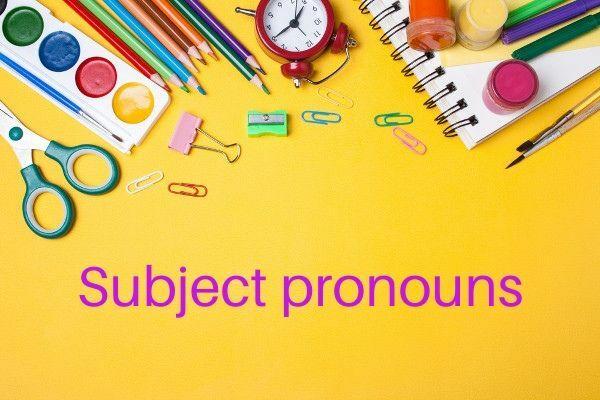what and which are English language pronouns that mean what, what or which in English.
Although which and what have the same meaning in virtually every sentence where they are applied, the use of what and the use of which occur according to some particulars.
Let's see below when to use what and when to use which.
Use of what
The word what could mean what, what or which, depending on the context of the sentence.
It is a pronoun that is most often used in questions.
When using an interrogative sentence with what, we give the person who will answer the question a broad and unlimited range of response options, that is, we do not limit the response with options.
Basically, that person can answer whatever they want, as long as they don't run away from what was asked and, of course, it makes sense.
Note the sentence below:
Example:
What is your favorite language? (What is your preferred language?)
Note that by asking the above question, we are allowing the answer to be whatever the message recipient sees fit.
THE: What’s your favorite language? (What is your preferred language?)
B: My favorite language is Italian. (My preferred language is Italian.)
Note that person B said that his preferred language is Italian, but he could have said that it is English, Spanish, German, Chinese, etc.
Check out some more sentences with what.
Examples:
- What fruits do you like? (Which fruits do you like?)
- What beach did he go to? (Which beach did he go to?)
- What city is she from? (What city is she from?)
- What pet does she have? (What pet does she have?)
- What do you want to do? (What do you want to do?)
Use of which
If on the one hand the questions with what do not limit responses with options, using the which just the opposite happens.
When we make an answer with which, we already expect the recipient of the message to give one of two or more response options, so these options are usually already available at the time of the question.
Note the sentence below.
Example:
Which is your favorite language? French or Spanish? (What is your preferred language? French or Spanish?)
Note that by asking the above question, we are limiting the message receiver's response with options (French or Spanish), that is, the receiver cannot give another answer other than one of the options made available.
THE: Which is your favorite language? French or Spanish? (What is your preferred language? French or Spanish?)
B: My favorite language is Spanish. (My preferred language is Spanish.)
Note that whoever answered the question could only choose between two of the options offered: French or Spanish.
Check out some more sentences with which.
Examples:
- Which fruits do you like? Apples or oranges? (Which fruits do you like? Apples or oranges?)
- Which beach did he go to? Ipanema or Copacabana? (Which beach did he go to? Ipanema or Copacabana?)
- Which city is she from?Rio de Janeiro or São Paulo? (What city is she from? Rio de Janeiro or São Paulo?)
- Which pet does she have? A dog or a cat? (Which pet does she have? A dog or a cat?)
- Which do you want to do? Stay home or go out? (What do you want to do? Stay home or go out?)
IMPORTANT: note that response options may also be implied.
Example:
Which hand did you scratch? (Which hand did you scratch?)
In this case, for example, we know that there are only two response options: left hand or right hand.
Thus, although options are not explicitly referred to in the sentence, we know that this is a question whose answer is limited by options.
Difference between what and which
despite which and what have the same meanings (which/what), the use of each of these pronouns is directly related to the type of question where they are applied.
So, what defines when to use which or what The following is:
- what: used for general questions, where the questioner does not suggest any answer.
- Which: used for more specific questions, where the questioner limits the message receiver's response by suggesting options.
Examples:
- What color do you prefer? (What color do you prefer?)
- Which color do you prefer? Blue or green? (What color do you prefer? Blue or green?)
See the image below for a summary of the difference between what and which.

See too:
- Relative pronouns
- English personal pronouns
- subject pronouns
- object pronouns
- demonstrative pronouns
- this is that
- This, that, these and those
- reflexive pronouns
- indefinite pronouns
Video
Watch the video below with a summary of the difference between which and what.
Exercises
Do the exercises below to consolidate what you've learned about when to use what or which.
1. ._________ are you going to have dinner? Meat or fish?
a) What
b) Which
Correct alternative: b) Which
2.____________ is your favorite color?
a) What
b) Which
Correct alternative: a) What
3. ________ hand did you hurt?
a) What
b) Which
Correct alternative: b) Which
4. _________ car is theirs? The black or the silver one?
a) What
b) Which
Correct alternative: b) Which
5. __________ is your brother's name?
a) What
b) Which
Correct alternative: a) What


